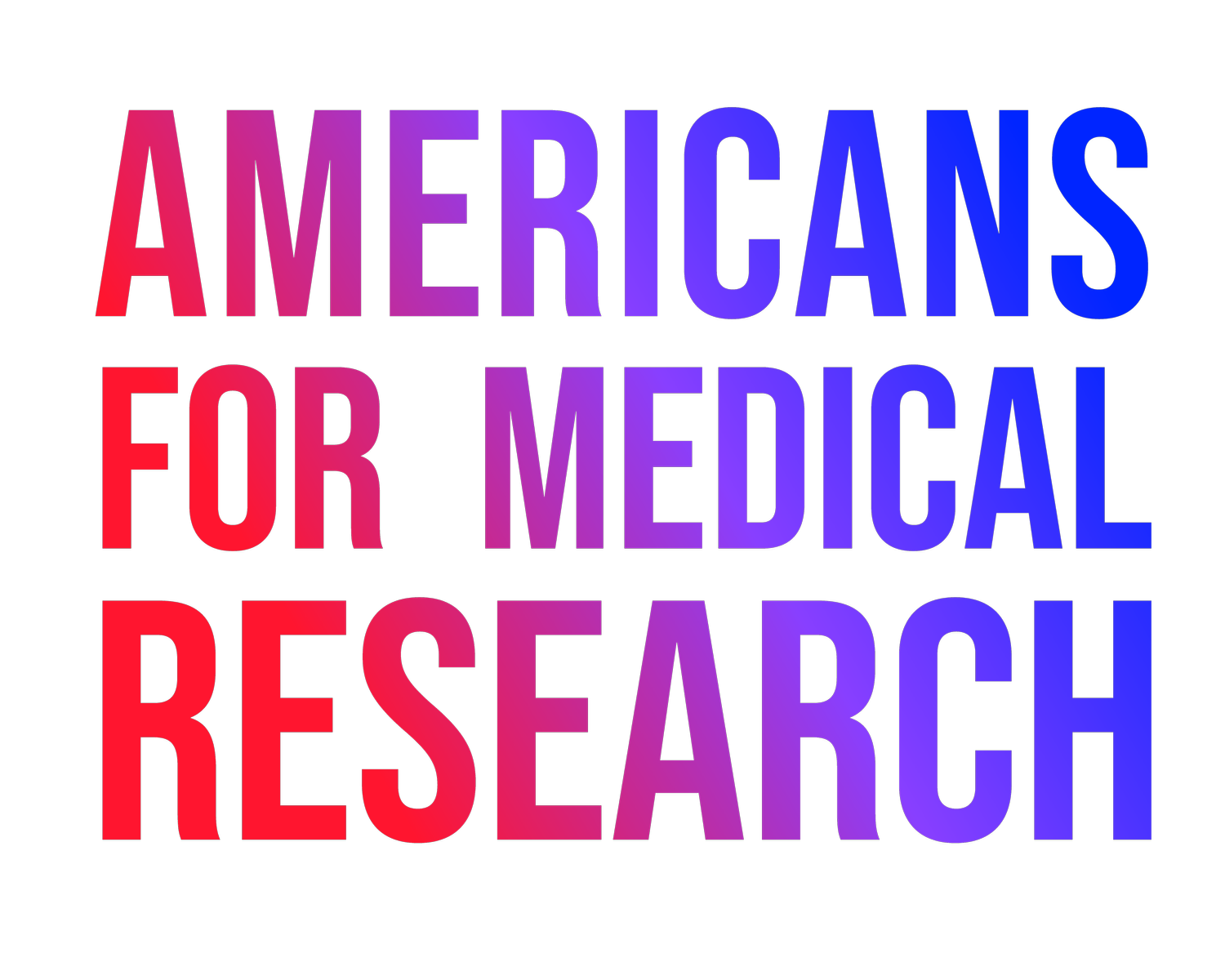MAKING A DIFFERENCE: Local Woman Advocates for Cancer Research funding After Clinical Trial Saves Her Life
Local 3 News | Michelle Heron
A local woman is sharing her story to show the importance of funding cancer research.
This comes shortly after the Trump Administration proposed closing the Division of Cancer Prevention and Control and cutting $18 billion from the National Institute of Health.
Darlene Smith was enjoying life as a wife and mother of three girls when she was diagnosed with HER2+ breast cancer.
"I had to make some decisions, whether to fight it, what lengths I wanted to go to get better. I decided to do everything I possibly could to be able to see my three girls get married and their grandchildren that they would one day have," she said.
Darlene underwent chemotherapy, radiation and surgery. But it was a new drug in a clinical trial that gave her hope.
"I was able to research and find a drug that was in clinical trial for Stage 4 patients. There was controversy as to whether I was Stage 3 B or Stage 4. I lobbied for it and got it off clinical trial and I'm still here today," she added.
Twenty years later and Darlene is doing great. She now works with others who are walking a similar path and volunteers with the American Cancer Society's Cancer Action Network to help make sure everyone has access to the latest treatments available.
"We've come a long way, but we've got a long way to go. We want the best drugs out there that we can, with the least side effects, so that people can live to see their children get married and their grandchildren be born," Darlene said.
But Maddie Michael with the American Cancer Society Cancer Action Network said proposed cuts to cancer research could hurt that.
The Trump Administration wants to close the Division of Cancer Prevention and Control and cut $18 billion from the National Institute of Health.
"In Tennessee alone, right now, we have 300 grants alone through the National Cancer Institute just looking at new developments, new treatments," Michael said.
Billboards have popped up in Chattanooga, Alabama and Louisiana calling on the public to tell Congress not to cut funding for cancer research.
"It's really important that Congress, who has the final say on the budget, gets the message that Tennesseeans are at risk," Michael added.
Proof that hope is the heartbeat for the will to keep going.
"When I was diagnosed, I could not find anyone alive that had a similar diagnosis as to what I had at that time. Now, I think God has left me here so that I can be that person for other people," Darlene said.
If you would like to get involved, you can text CURES to 73508. To learn more, visit the American Cancer Society's website.
